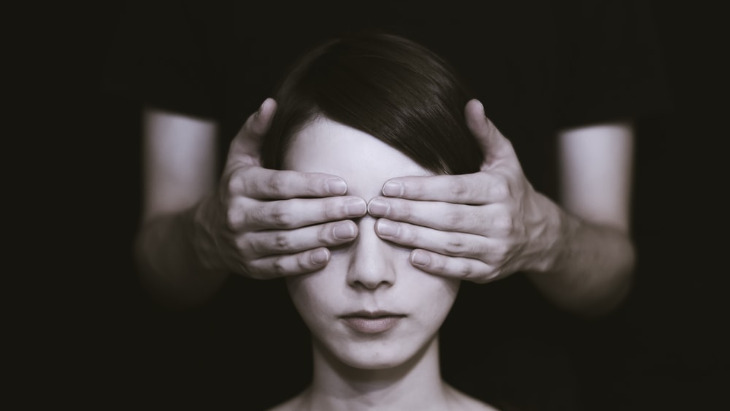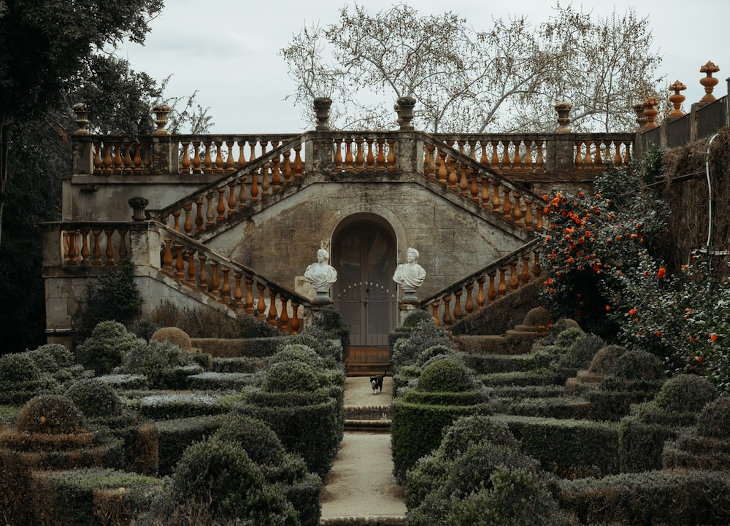 Raise a Glass to Freedom
Raise a Glass to Freedom


7 min read
If free will doesn't exist, then there is no meaningful truth or morality. That's why, deep down, pretty much everyone believes in it.
There is not much to gain from trying to logically prove if free will exists or not. Logical arguments on topics like this are never convincing. They rely on assumptions – the premises of the argument – that we accept or reject depending on how we are inclined to answer the question before the argument begins. And, in any case, we experience logical proofs as entirely external to our essential self. A question like the existence of free will has profound implications about the nature and significance of our being. Conclusions are only relevant if they resonate with us on a deep, internal level. So, rather than trying to prove free will, it is more enlightening to explore what assumptions lead us to presume one way or the other on the issue and the implications of the stand we take.
But first, what is free will?
Having free will means that we can make choices that are not fully determined by our genes, history, and circumstances – that though we are subject to multiple influences, we can ultimately be the unrestricted origin and initiator of our choice.
Free will is only possible in a choice that has some moral implication. Choices between selfish desires such as dessert options – whether to go with pecan pie or apple pie – are decided by measuring which option has more appeal at the moment, so the outcome is determined by preexisting factors rather than my creative choice.
When a choice has a moral dimension to it, then two incomparable things are being weighed against one another – altruism vs. selfishness – such that the decision is not based on a mathematical measurement so much as a value choice. What is more important to me – a higher purpose or my selfish desires? There are circumstances where either the selfish desire or the altruistic pull is so overwhelming that the decision is not in the realm of choice. But there is a range where the two are sufficiently balanced in strength that I am capable of making a true choice.
In the real world, choices are rarely clear-cut, with much of the challenge to tease out the selfish and selfless facets of the choice. When in a restaurant and faced with the decision of whether to selfishly order a second slice of cake or selflessly give the extra money to charity, the two sides of the choice are clear. The first slice of cake may be an unconquerable expectation. But the second piece? That I could forgo.
But what about deciding between living in the city close to work or moving to the suburbs where I can get a bigger place. Perhaps personally, I prefer the comfort of a bigger home (selfish) even though it means more driving time to work (anti selfish) and so less time to give to the kids (anti selfless). But the kids also genuinely benefit from more space (selfless), and having a yard and nearby woods may allow me to think more expansively and give the kids a greater quality of time (selfless). Which is the altruistic choice – or the more altruistic choice?
There are even instances where the selfish choice is supported by altruism – for example, when I need something for my psychological wellbeing/survival. After all, there is no idealism in becoming dead inside while continuing to robotically do good acts. So defining the actual choice can be very difficult. In the end, however, the point of choice lies in the opposition between true selflessness and true selfishness.
We are a glorified pinball bounced around by all that buffets us in life.
If we unmask the choice even further, the issue is one of self-definition: Am I an agent of good or a selfish entity? With every moral choice, we further define ourselves. In fact, it is only through these choices that we define ourselves as opposed to unfolding in a predetermined manner. This reveals a deeper dimension of the free will topic – it is only through freely willed choices that we achieve true individuality, becoming someone who is the product of our own creative choices. This self is determined by ourselves.
When we are not choosing, when we do not create or initiate an action but, rather, react automatically to circumstances and personal history, our "I" is unactualized. We are a glorified pinball bounced around by all that buffets us in life. When I stand above the fray and actually choose, when I act because I define myself as an agent of good, who I am in that moment is from me and not merely the consequence of circumstances external to my essential self. I create self
 Unsplash.com, Nicolas Gras
Unsplash.com, Nicolas Gras
If we do not have free will, all sense of self is illusory, for we are wholly determined by forces external to our individuality. If that is the case, our lives cannot be considered meaningful, for they are preprogrammed, and no credit or fault can be attributed to us.
Most of us experience ourselves as making choices. This doesn't necessarily mean humanity lacks free will if you do not. For even if free will is a human capability, it must be developed. When we make a choice, we are going against nature – for nature is determined, and a choice by definition is not. We live in a physical context; therefore, actualizing choice requires effort, going against the tide. If we do not develop that muscle, instead always going with the flow, we never develop a true self. In this sense, one can easily go through life and never exist!
One of the shortcomings of our present cultural context is that we are not trained to exercise the muscle of choice – we are taught to give value and credence to the flow.
One of the shortcomings of our present cultural context is that we are not trained to exercise the muscle of choice – we are taught to give value and credence to the flow
Our conclusion about whether free will exists turns on what we hold as self-evident, inalienable truths. Because of this, an argument about free will is fruitless. We can, however, ask ourselves if the implications of denying the existence of free will conform with our other deeply held assumptions about reality. In other words, we can ask if there is consistency in our inalienable truths. Is it possible for us to accept the position that there is no free will along with its necessary implications?
Despite increasing pressure from academics to the contrary, I think most of us will still admit that we cannot conceive of reality without meaning. The deepest form of knowledge is what Torah calls daat – concepts that are so integral to our identity that we would not recognize ourselves as ourselves without them. Can we recognize ourselves without the concepts of truth and morality? If free will does not exist, there is no meaningful truth or morality.
There is another crucial implication underpinning any discussion of free will. We live in a physical context. One of our most deeply held tenets is that physical reality is utterly determined. We have a physical component to ourselves, which means we are, at least in some areas, determined. Free will is then predicated on the fact that we have a dimension that is not physical – which is creative rather than determined. A free choice can only be made by accessing and actualizing that facet of our being.
We then cannot accept the existence of free choice without accepting that we have a facet of being that is not physical, not determined, and potentially creative. Call it what you will but recognize that it cannot originate in physicality, the determined realm of reality. Torah identifies this element as the divine spark of humanity, our Image of God. Because we have this spark of the Creator, we have the capacity for creativity. The topic of free will invites us to explore what this non-physical dimension within us is that allows us to exercise free choice.
Featured Image: Unsplash.com, Ryoji Iwata
